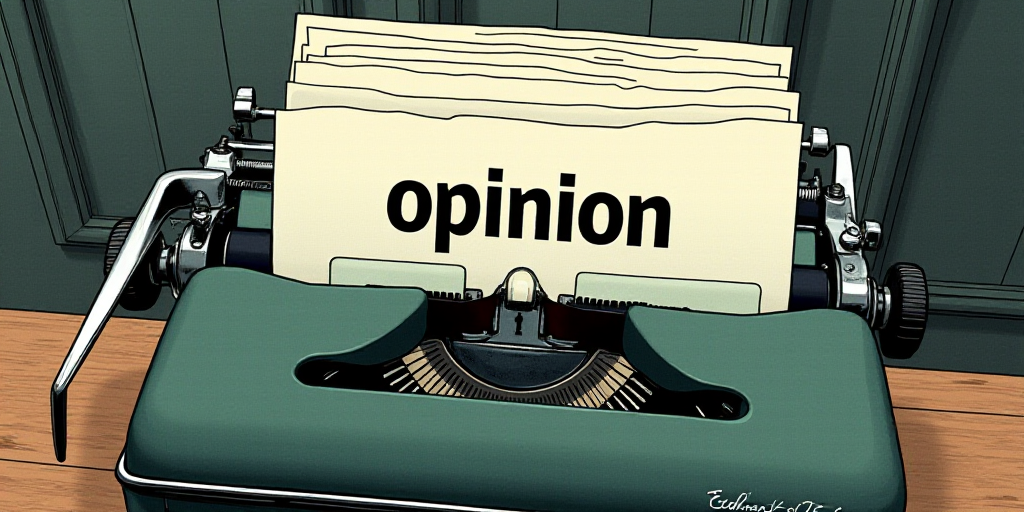Understanding the Current Trade Landscape
Global trade is designed so that all countries benefit. Each region specializes in what it does best and produces, while simultaneously purchasing from others what they need. This results in greater access to a wider variety of products and services at competitive prices, though it can sometimes become unbalanced.
Some countries export extensively to the world, known as “exporting,” while importing fewer goods and services from abroad, referred to as “importing.” This practice leaves these countries with substantial extra money; however, this wealth does not always reach the general population. Instead, it becomes concentrated in certain industries or regions, leaving households without real improvements in their daily lives.
The Imbalance and Potential Solutions
Economist John Maynard Keynes highlighted this issue in 1944, stating that not only countries with debt (deficit) are problematic. Countries that consistently earn excessive profits without equitably distributing them also pose a challenge.
These countries often use their earnings to produce and sell more, neglecting crucial aspects like healthcare, education, and fair wages. They focus on external growth while ignoring internal development.
Evaluating Regions with Three Key Indicators
- How much of a country’s money actually reaches families?
- What percentage of the government’s budget is allocated to essential services like healthcare and education?
- What portion of national wealth goes towards worker salaries?
The World Trade Organization (WTO) is responsible for setting trade regulations to prevent unfair practices. This proposal aims to add an extra tool to ensure that global trade benefits not just businesses but also people.
Trade for the Betterment of People
Global trade should aim to improve people’s lives. If a country earns significantly from exports but fails to enhance its citizens’ quality of life, it indicates that the existing model needs reevaluation.
It’s not about punishing countries but ensuring a more equitable distribution of trade benefits. Trade should remain a tool for well-being, not merely an accumulation of wealth.
Expert Insight
Obed Rafael Martínez, BBVA Asset Management:
The discussion revolves around establishing a more coherent link between what is earned and what is returned to households. This approach ensures that global trade continues to serve as a means for societal progress rather than just amassing money.






